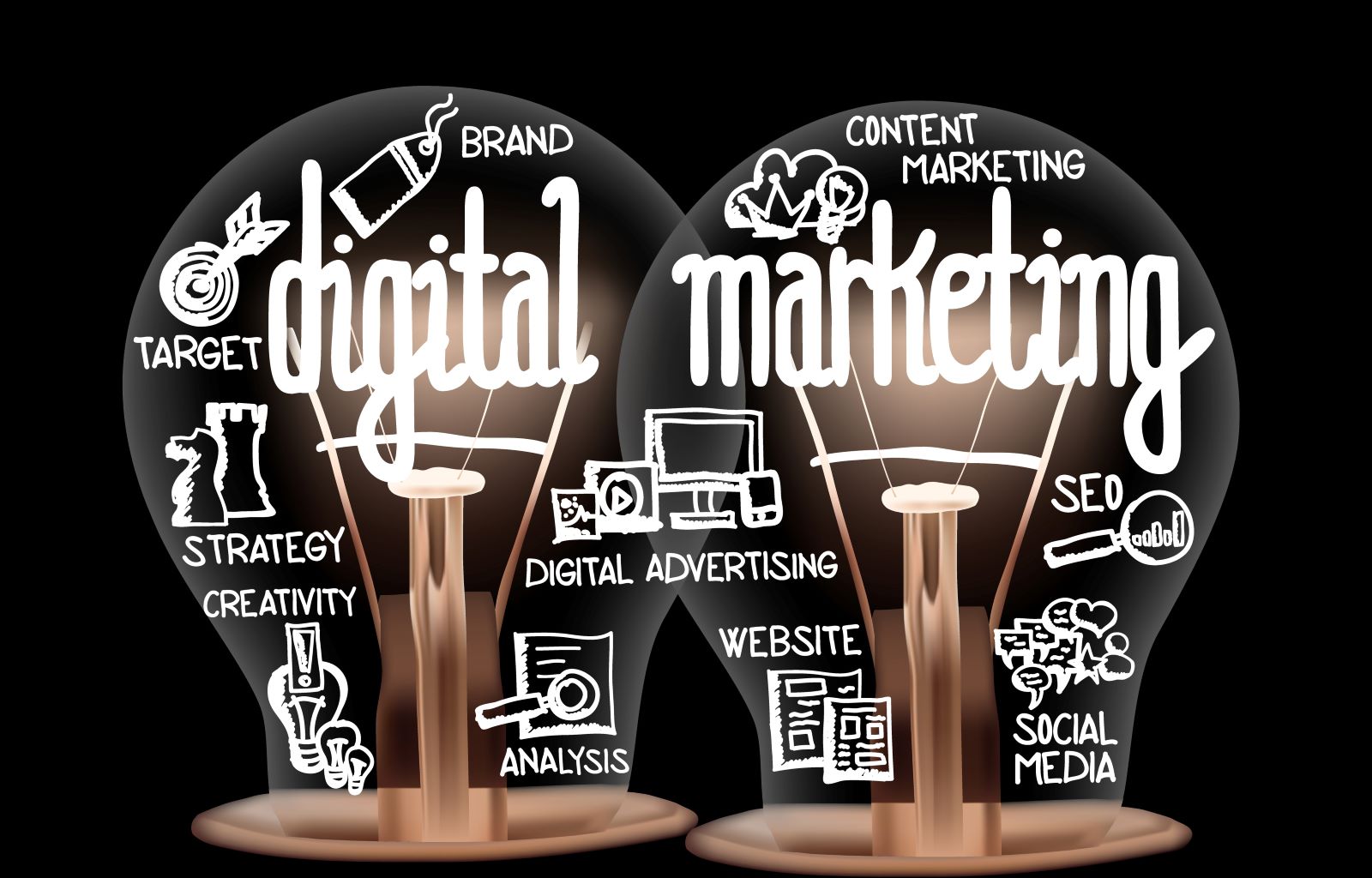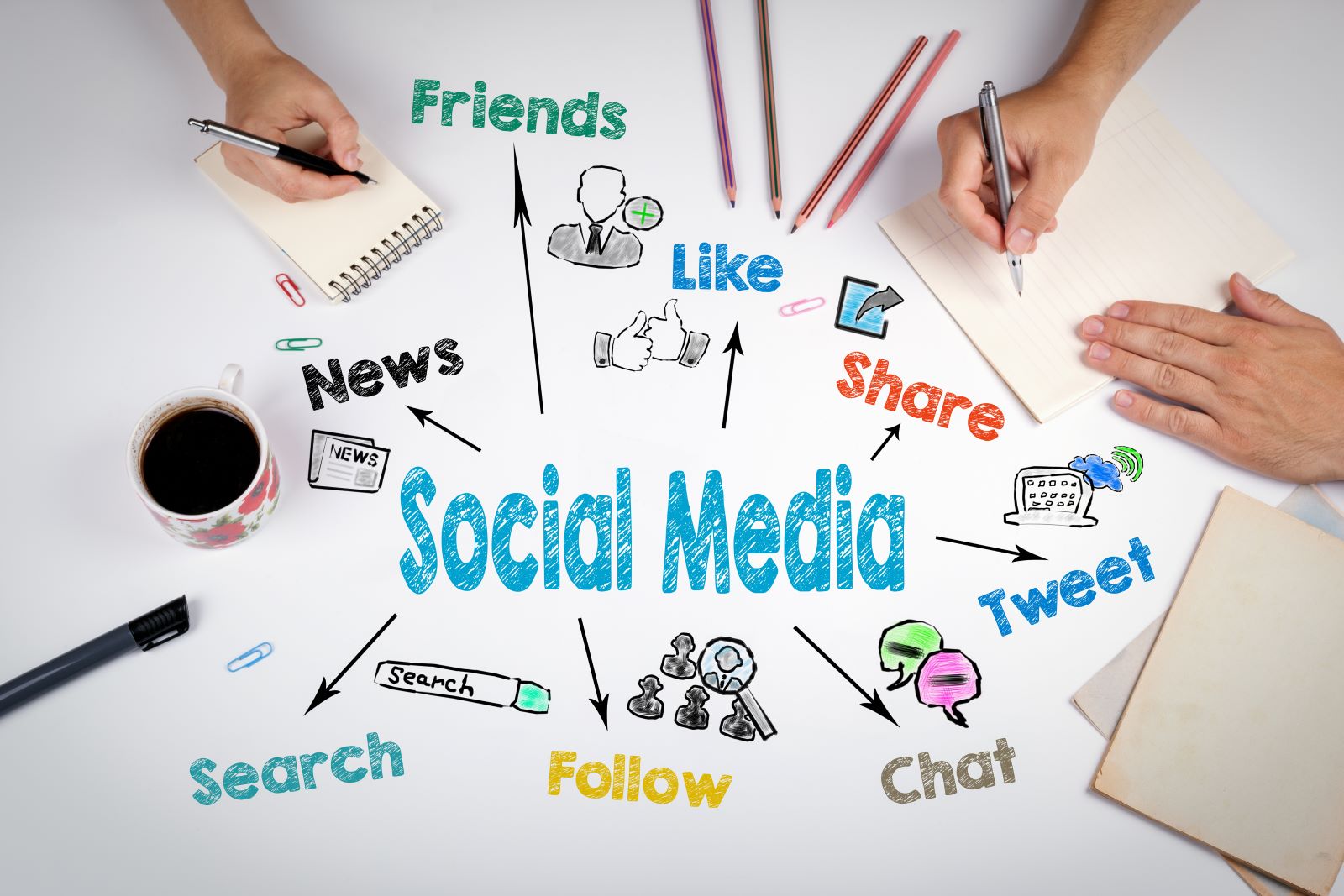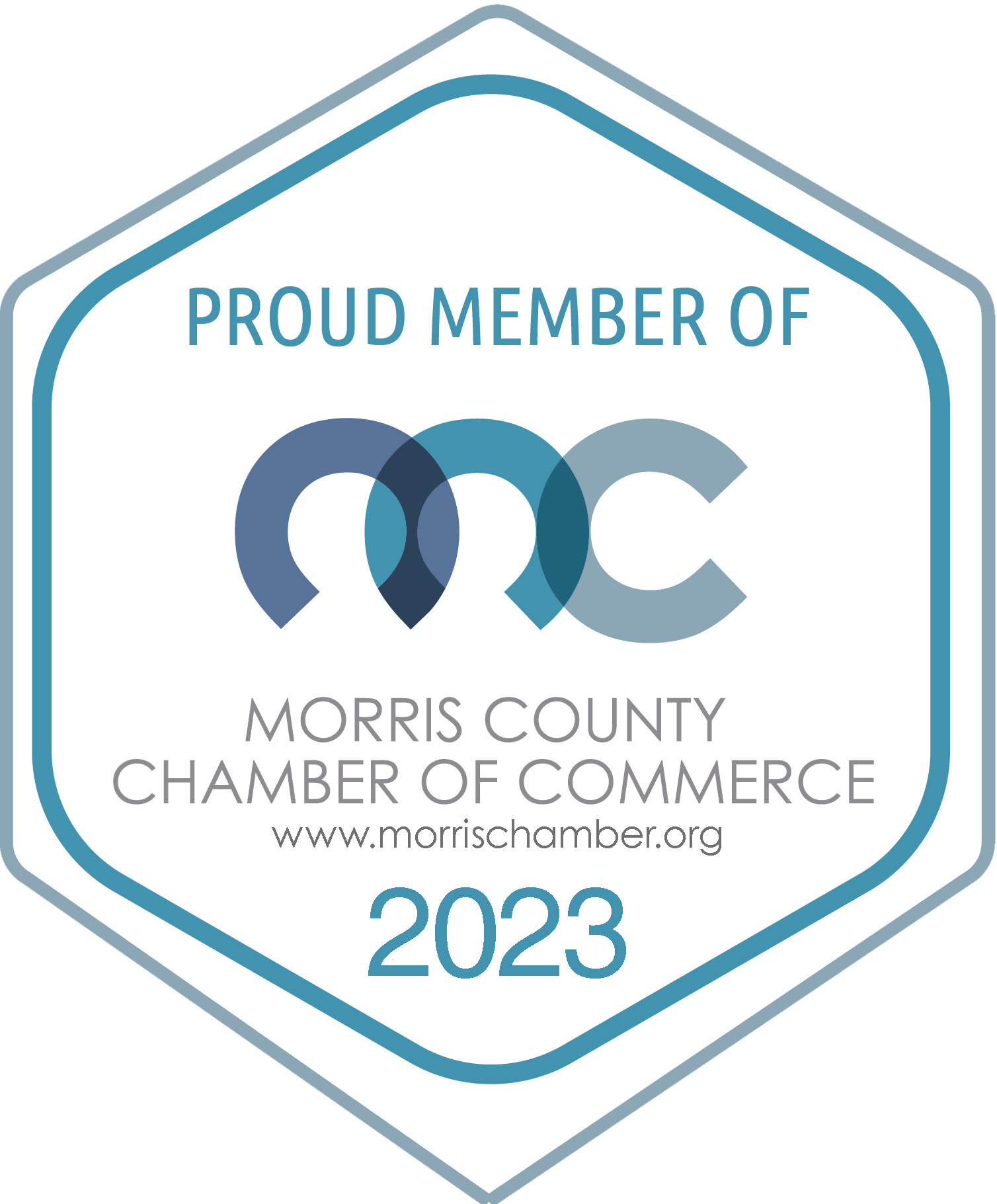
Representing the voices of Gen-Zers, I can confidently say our generation differs from those of the past that indulged in traditional marketing versus today’s digital age. Classifying a generation by its behavior toward trends and advertisements is impossible. A recent “report published by Juniper Research reveals 22% of all digital advertising spent in 2023 was attributed to fraud…” Although the internet has scams, this form of entertainment reaches billions of individuals just searching for their purpose.
Coming from an impressionable person, influence is the greatest marketing strategy, referring to the ‘word of mouth’ and influencer aspect of the term. Instagram presents its audience with many messages from sponsors. These sometimes-effective promotions interrupt my feed, forcing my attention away from my intended search.
Resembling organic posts, images, videos, or carousels, Instagram aims to provide relevant ads. Strategically showcasing a brand like “Holy Thrift” and its clothing on my timeline sparked immense interest. While sometimes these ads cause a mass disturbance, if done correctly, brands may find themselves successfully eliminating competition.
For Holy Thrift’s campaign, they posted original content boosting brand awareness. Despite the brand’s calculated performance in intruding on one’s browsing, Instagram ads are effective.
On the topic of influence comes the original influencer for students. In my case, it’s my parents. With encouragement from Mom and Dad, when things are promoted to aid my success on their social media– they will share this information with me.
Being accustomed to the swindles of social media, Gen-Zers know which companies have been involved in controversy. Parents, on the other hand, are sometimes like guinea pigs, unaware. If companies target parents of teenagers and young adults, their products can sell. I, for one, take every product my mother mentions with a grain of salt. She is more likely to fall into the deep deceptions of internet advertising.
While spending time with our neighbors, my neighbor Dave asked why my mom followed an irritating influencer. My mom responded, “She’s annoying but has really good Target finds.” We laughed, but it also made me realize why my mom is so infatuated by Target. I went along with her newfound interest without questioning it.
Recently, my friend Emily moved. While reminiscing, she mentioned the only thing near her new house was a Target. I replied, “What? Target’s the best!” This sparked a conversation about this multinational corporation, all influenced by my mom’s social media feed, proving the benefits both consumers and companies obtain from online advertisements in this digital age.







